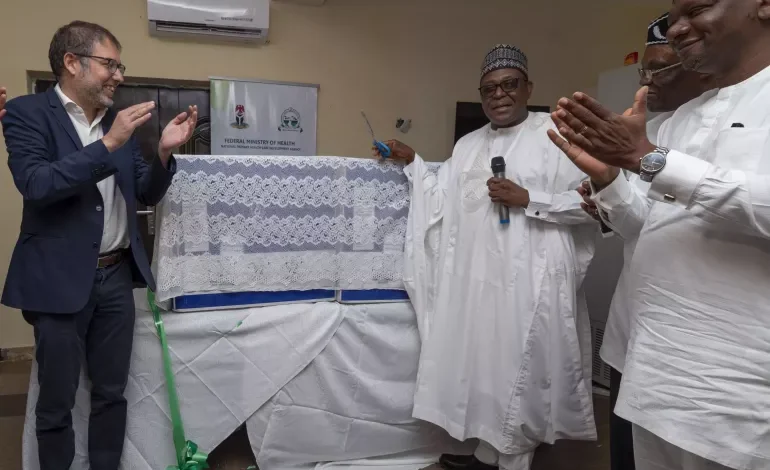Nigeria rolls out malaria vaccine to combat high disease burden

Nigeria has taken a significant leap forward in its fight against malaria, with the arrival of 846,000 doses of the groundbreaking R21 malaria vaccine. The vaccine, provided by Gavi, the Vaccine Alliance, aims to bolster the country’s efforts to eliminate the disease that claims countless lives annually.
Minister of Health Ali Pate hailed the vaccine’s arrival as a “major milestone” in Nigeria’s quest to curb malaria. The vaccine will initially be distributed to states with the highest disease burden, specifically Kebbi and Bayelsa. Pate emphasized that the vaccine will complement existing treatments, providing a much-needed boost to the country’s malaria elimination efforts.
Addressing concerns about the vaccine’s efficacy, Pate assured that it has undergone rigorous testing and proven safe and efficient for malaria treatment. This aligns with the World Health Organization’s recommendation of the malaria vaccine for children living in areas with moderate to high transmission.
Muyi Aina, Director General of the National Primary Health Care Development Agency (NPHCDA), outlined plans for distribution. An enforcement team will be established to ensure effective administration, and the agency will communicate vaccination dates and locations in due course. Aina announced that an additional 140,000 doses are expected in the coming months, with the goal of making one million vaccines available in the first batch.
The R21 malaria vaccine is a game-changer in the fight against the disease, targeting the plasmodium ‘sporozoite’ parasite. Its high effectiveness after a fourth booster dose makes it an invaluable tool in Nigeria’s malaria elimination efforts.
Nigeria joins 11 other African nations in receiving allocations of the malaria vaccine, marking a significant step forward in the continent’s battle against this debilitating disease.





